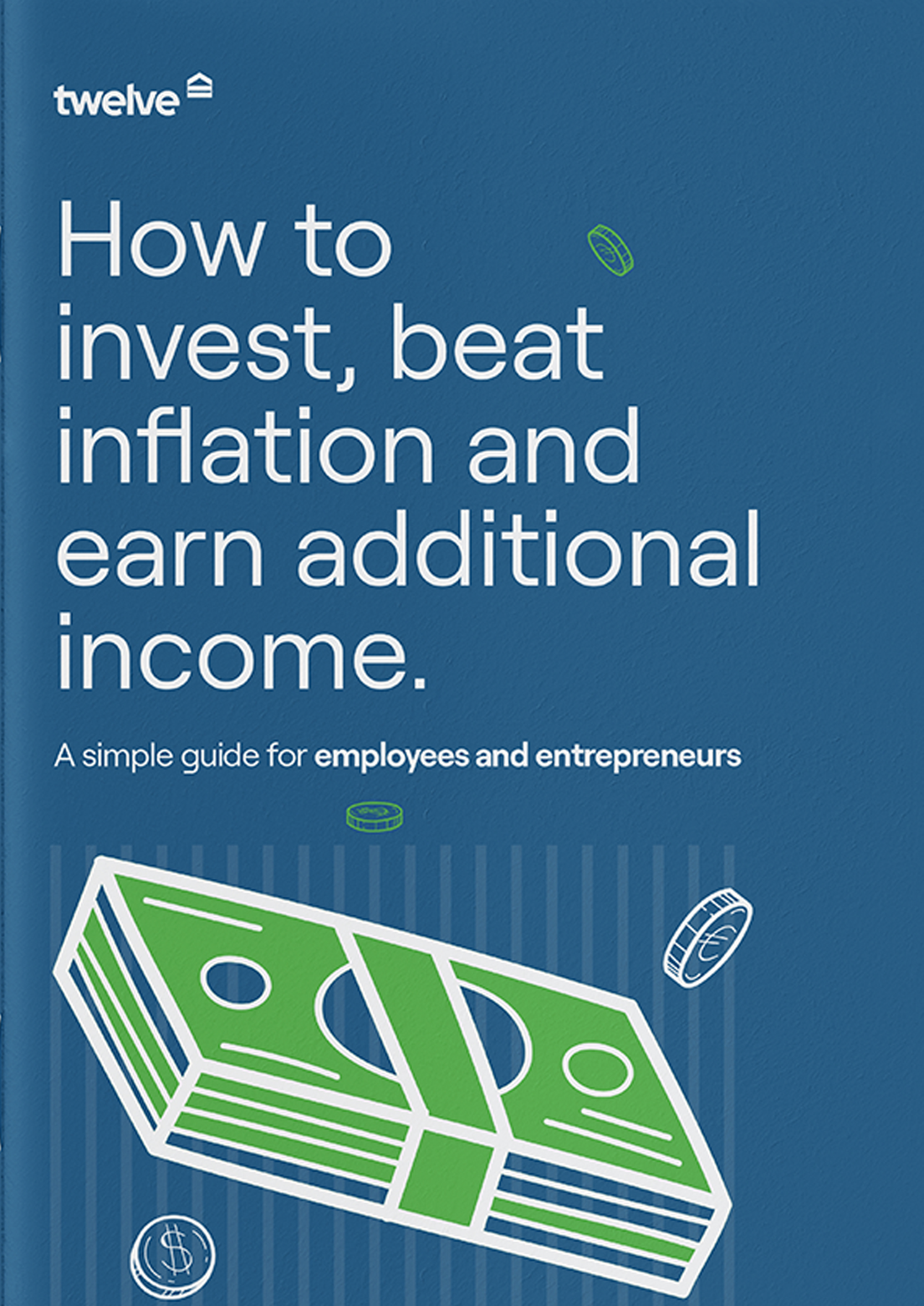Background
The recent economic, security, and political tensions in Nigeria has led to a rise in migration to other countries more than ever before.
According to Pew research center, 45% of the adult population in Nigeria are planning to relocate to another country in five years’ time. Preferred destinations include the US, UK, Canada, Australia, Spain & South Africa.
While some Nigerians are taking advantage of the permanent residence program in Canada, many are also migrating as students to the United Kingdom. The influx of post graduate students from Nigeria to the UK is said to have increased by 58% in 2022. Migrating to a developed country typically instills emotions such as excitement or fear. This is understandable due to the lifestyle adjustments required to live and work in a new environment.
Basic activities such as paying rent monthly compared to paying annual rent in Nigeria, paying taxes and multiple bills at the end of each month are activities any immigrant will need get used to in a developed country compared to living in a developing country. For the average Nigerian, adjusting to the financial demands of living in the UK might be a daunting task. Some of key things to plan for include;
Stringent Requirements to get a home:
Getting a house to rent comes with stringent requirements in the UK. Landlords demand for references, credit checks and guarantors before letting out houses to new tenants. You’ll need to provide information and documents to show you’II be a good tenant. You will also have to show if any other adults that will live with you have the ‘right to rent’ in the UK. Some of the documents required include your immigration documents or passport. They will also ask to see the documents of any other adults who will live with you. They do this to check you have the right to live in the UK and to rent - this is called the ‘right to rent check’.
Paying Taxes:
The tax system in Nigeria allows a lot of Nigerians who do not work 9-5 jobs get away with not paying taxes and so getting used to paying taxes after relocating might be difficult. Those living in the UK are required to pay council tax, income tax and a couple of other taxes. Taxes like income tax and council tax are tied to the amount you earn and where you live.
Inflation and the rising cost of living:
Inflation has been a global phenomenon since mid-2021. The UK’s economy as of July 2022, recorded inflation rate as high as 10.1%. This is the highest rate of inflation in the UK since 1997. The rise in inflation is buoyed on rising cost of energy among other things. This has filtered into the cost of living in the UK. Those living in the UK must now pay more for energy & food both of which are necessities.
Preparing for relocation
One of the ways to prepare for a relocation to the UK is to ensure your personal finance status is up for the move. Here are 5 ways to tidy up your personal finance before you relocate to the UK.
Be prepared
The first step to getting your finances on track when relocating to the UK is to shake off the euphoria of moving abroad and do your research on the economic implications on your income. Read about what drives growth in the economy, how to maintain the standard of living you want, and how you can save or invest your income. For instance, the UK announced a new policy to cut taxes to allow people to keep more of their disposable income, the Basic Rate of Income Tax will be cut from 20% to 19% from April 2023. The UK government is committed to cutting the overall tax burden, making the UK more competitive as well as an attractive place to start, finance and grow a business. This means you’ll get to keep 1% more of your income which you can invest rather than spend if you had a budget based on the previous 20% tax rate. Knowing your income tax also helps you negotiating a salary that works.
Be realistic but set financial goals
We all love to believe in the fairytale that the streets of London are paved with gold. However, the reality is they are not, and you shouldn’t relocate to the UK with unrealistic financial expectations. To be competitive, do your research on the pay range for your profession/level of experience in the UK and the average amount of income you’ll need to spend monthly and what is required to own a home and build an investment portfolio. Speak to professionals in your field and join a community of immigrants to get access to practical information on how to build the life you want. This is critical if you intend to make the system work for you over time
Learn about investing in the UK
Moving to the UK shouldn’t stop your investing activities. Earning and investing in a stable currency like the pound will give your investment portfolio some leverage. Make plans to understand the financial system in the UK, identify the investment opportunities that are in-line with your investment goals & strategies and learn about how best to take advantage of them. Building an investment portfolio should not be an afterthought but a key part of your mid to long term plans.
Insurance
In developed economies like the UK, insurance policies are important, and some are legally required. Besides the national insurance which is required from all workers (both employed or self-employed), anyone living in the UK is expected to have car insurance if they own a car and home insurance is a condition to get mortgage offers. Health insurance is optional as the UK’s National Health Service (NHS) offers medical treatment to all residents; however, you might opt for private healthcare insurance to get quicker access to specialists or better facilities. Life insurance is also optional but is a good policy to consider for your family and dependents in the event of death.
Understand how the credit system works
Relocating from a cash-based economy to an economy that runs on credit might be difficult to adjust to. If you are relocating to the UK, it is important that you understand how credit works so as not to rack up debt. A credit system enables consumers to buy goods and pay later. However, it important to note that buying more than you can pay for will dent your credit score, affect your access to credit and your ability to invest in owning assets like real estate in the future.
Relocating to another country requires a lot of adjusting, preparing yourself financially for the changes will make settling down easier. There are lots of people who relocate successfully and data shows they prepared for the move by seeking out information to help them make informed decisions.




